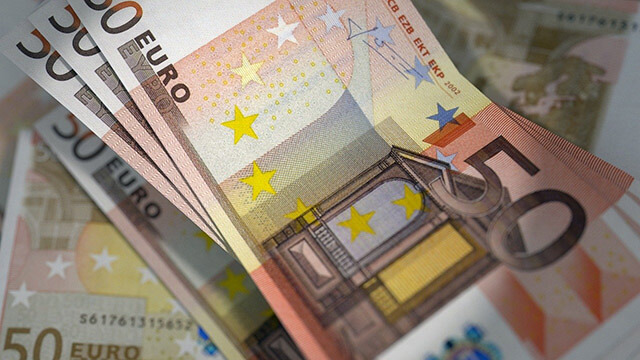The EUR/USD currency pair continues to struggle, trading below the 1.1000 level early Wednesday, reflecting a bearish technical outlook. Following a minor uptick on Tuesday, the pair has found it challenging to maintain momentum as market sentiment shifts. Traders are closely monitoring the upcoming release of the Federal Reserve’s minutes from its September policy meeting, which may provide significant insights into the future direction of interest rates.
On Tuesday, a more favorable risk sentiment momentarily supported the EURO against the U.S. dollar, but a downturn in Asian stock markets early Wednesday prompted caution among investors. This has resulted in a slight strengthening of the dollar and exerted pressure on the EUR/USD exchange rate. Currently, futures for U.S. stock indices show declines ranging from 0.25% to 0.3%, indicating a potentially negative start for Wall Street.
The outcome of the Federal Reserve’s September meeting, which included a 50 basis point reduction in policy rates, remains critical. Market participants are eager to analyze commentary regarding the Fed’s willingness to consider further rate cuts. As per current market assessments, there is a 13% probability that the Fed may implement another 50 basis point cut in November, a factor that could influence the dollar’s strength in the coming days.
In Europe, comments from ECB officials, including a notable remark from the Slovakian central bank Governor regarding the need for careful assessment of inflation data, did not provide much support for the EURO .
From a technical perspective, the Relative Strength Index (RSI) on the 4-hour chart indicates a bearish bias while remaining above the 30 mark, signaling additional downside potential for EUR/USD before reaching oversold territory. Key support levels are identified at 1.0950, followed by 1.0900 and 1.0870. Conversely, reclaiming the 1.1000 level could open the way to resistance at 1.1050 and 1.1090-1.1100, where additional technical indicators converge.
